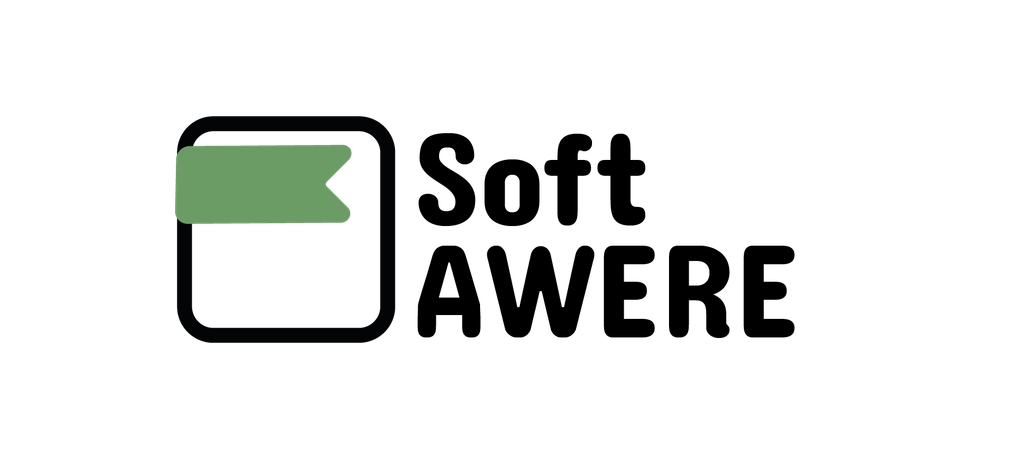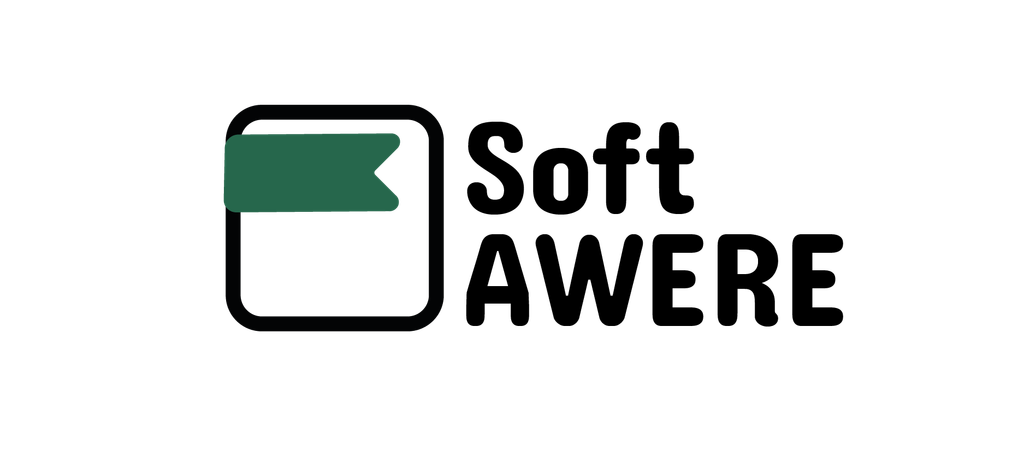Project Meeting 13-05-2022 (Berlin)
During this meeting we made some key decisions about the upcoming hackathon, reviewed the best practice guidelines, finalized the logo as well as received feedback for the project flyer.
Agenda
General comments
- Project should be finalized by May 2023 as Andreas will start his sabbatical (all documents submitted, publishing can happen later)
- We can publish the results of the project, we just need to confirmation beforehand from the UBA
- We should present at the Bits & Bäume conference, October 1-2 in Berlin. To do so we need to submit a short description of what we can present to Marina
Interimsreport
- Will not be made public or released as part of the final report, due to the lack of substantial evidence and results (it mostly covers the creation of the research laboratory and the approach)
- Those will be summarized & condensed in the final report and the current Interimsreport hence will not be put under 100% scrutiny
Actions:
Measurement Lab/Setup
- We are delayed on this by about a month
- Challenge is to deliver accurate measurements of all components of the server (energy use, CPU, memory, NVMe disks) from within the operating system/the software
- At the moment, what we can measure diverges from what is physically consumed in terms of electricity by the server
- Our working assumption is that the NVMe disks in our test servers consume more power than in existing LCA data sets that consider mostly spinning disks
- Our aim is to deliver the first measurement in June
Comments from Jens
- 23rd of June - 13:00 - 18:00 they are hosting a workshop around the Blauer Engel, that should include doing energy measurements - would be great if we can attend and show our measurement infrastructure then. We can attend virtually
Best Practice Guidelines
- The best practice guidelines will be send for review to the group
- The key principle we discussed, which is likely part of the root cause for the lack of consideration of resource use in software engineering, comes from the Unix philosophy (see guidelines for details)
- The principle in question is: Value developer time over machine time
- We discussed extensively if this is still true today and found that ‘at scale’ this does not hold anymore, because the costs of resources are outweighing the cost of developers in most large-scale tech companies
- We discussed that we can verify this with data by looking at the total cloud computing costs of a startup and compare it with the total costs of their developers
- By adding the environmental costs to of the created CO2 (200 EUR per kg or tonne), it holds even less true
- Further, there are many indicators (rising energy price, material price for manufacturing of IT equipment) that make it likely that the resource costs of making software are going to go up, while costs for developers are likely going to remain flat
- In short, the principle of the Unix philosophy likely needs to be updated and modernized
- The statement ‘develop a feature with the minimal use of hardware resources’ needs to be added to all functional requirements towards the developers as it gives them the mandate/time to perform optimizations
Hackathon
- Introduce a Jury of 5 people with half people from the software business/developers and the other half from academia
- Ideas: Prof. Naumann, Jens Gröger, Patricia Lago
- Industry: Liz Rice, Chris Adams
- The Hackathon will be at an external location, SDIA will check what possibilities we have (list added to the concept document)
- The criteria used for selecting a library to participate at the Hackathon will be the same as for our test objects
- Aim is to have at least 50 participants physically present
- The main priority here is to get the event website up-and-operational so we can invite people
- We might have to ask external sponsors to help fund the costs of the location
- The winners should be able to choose from a set of option on where we donate the money to
Logo
We all signed off the Logo that can be seen below:


Project Flyer
- Overall positive feedback for the flyer
- We need to keep it in the PowerPoint file when we send it for feedback (no images)
- Remaining content to be filled with project logo & short biography of Oeko Institute and SDIA
- Add the project timeline & date of completion to the flyer
Actions on Asana:
What we did not cover:
- SAWE page on the UBA website (status, Halatsch?)
- One Pager SAWE in German (missing) & English to sign-off by everyone
